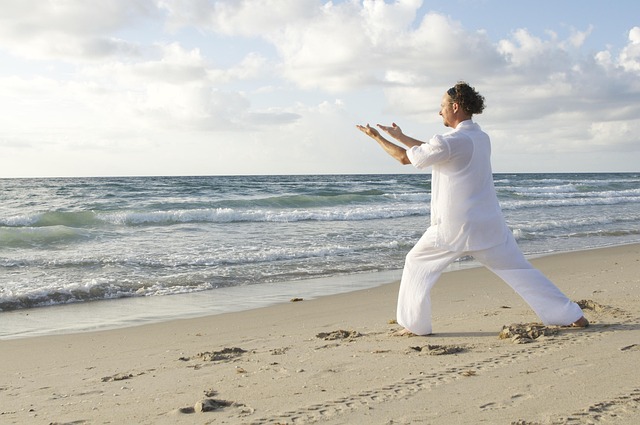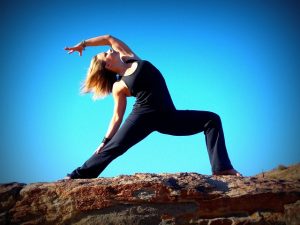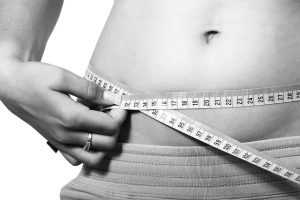
Stress is an innate part of human life. However, when it becomes chronic, it can have severe effects on your physical, mental, and emotional well-being. Achieving a balanced state of health is essential for a fulfilling and harmonious life. The key is to adopt a holistic approach to wellness, which considers the entire person – body, mind, and spirit. In this article, discover the top stress relief techniques designed to aid in attaining ultimate physical, mental, and emotional balance.
Understanding the Impact of Stress on Holistic Health
Before delving into stress relief techniques, it’s crucial to understand how stress affects our holistic health. Physically, it can cause a range of issues including headaches, muscle tension, fatigue, and changes in weight. Mentally, it can lead to anxiety, depression, irritability, and difficulties in maintaining focus. Emotionally, chronic stress can cause feelings of overwhelmingness and detachment from personal relationships.
The Physical Dimension of Stress
In terms of physical health, stress can trigger the ‘fight or flight’ response, resulting in a surge of adrenaline and cortisol. These hormones can lead to increased heart rate, elevated blood pressure, and a boost in energy production, which can be taxing on the body over time. It’s critical to incorporate stress-relieving practices that help regulate these physiological responses.
The Mental and Emotional Dimensions of Stress
Mentally, stress can cloud your judgment, affect your memory, and diminish your cognitive functions. Emotionally, it can lead to mood swings and a decreased emotional resilience. Cultivating stress relief techniques that cater to mental and emotional wellness is essential for overall balance.
Physical Stress Relief Techniques
To address the physical impact of stress, here are several effective techniques:
Regular Exercise
Engaging in regular physical activity is one of the most beneficial ways to reduce stress. Exercise releases endorphins, which act as natural painkillers and mood elevators. Aim for at least 30 minutes of moderate-intensity exercise most days of the week.
Relaxation Techniques
Practices like deep breathing, progressive muscle relaxation, and yoga can help calm your mind and reduce muscle tension. Techniques such as these activate the parasympathetic nervous system, which helps your body rest and digest.
Nourishing Diet
Eating a balanced diet rich in whole foods can support your body’s ability to cope with stress. Foods high in omega-3 fatty acids, magnesium, and antioxidants can combat the physiological effects of stress.
Mental Stress Relief Techniques
Mental balance can be achieved through several key strategies:
Mindfulness and Meditation
Mindfulness meditation teaches you to focus on the present moment without judgment, which can help interrupt the flow of worries and ruminations that often accompany stress. Even a few minutes a day can make a significant difference.
Cognitive-Behavioral Techniques
These approaches involve identifying and challenging stress-inducing thoughts and replacing them with more balanced and constructive ones. Engaging in cognitive-behavioral therapy (CBT) with a professional can provide profound stress relief and mental clarity.
Time Management
Poor time management can lead to significant stress. By prioritizing tasks and breaking them into smaller, more manageable parts, you can alleviate the mental load that contributes to stress.
Emotional Stress Relief Techniques
Here are strategies to soothe your emotional self:
Social Support
Connecting with others provides an outlet for your emotions and can offer new perspectives on stressful situations. Whether it’s friends, family, or a support group, social connections can be a powerful antidote to stress.
Art and Creative Expression
Creative activities like painting, writing, or playing music can be therapeutic outlets for emotional stress relief. These practices can help you express and process your emotions in a constructive way.
Laughter and Fun
Engaging in activities that make you laugh can relieve tension and improve your mood. Laughter has been shown to reduce the stress hormone cortisol and increase endorphin levels.
Integrating Stress Relief into Your Lifestyle
For true holistic balance, it’s important to integrate multiple stress relief techniques into your daily routine. Create a personalized stress relief plan that includes physical, mental, and emotional strategies. Be consistent with your practices, and make adjustments as needed based on your lifestyle and stress levels.
Finding What Works for You
Each individual reacts differently to stress and thus may find certain techniques more beneficial than others. It’s vital to explore various methods and observe how your body, mind, and emotions respond.
Consistency and Patience
Building new habits takes time, and the benefits of these stress relief techniques may not be immediate. Commitment and patience are key components of a successful wellness journey.
Takeaway: Embracing a Holistic Approach to Stress Relief
Achieving balance in your physical, mental, and emotional health is a journey well worth embarking on. By employing these top stress relief techniques, you can cultivate a more harmonious and balanced life. Remember, the pursuit of wellness is ongoing and nuanced; staying attuned to your needs and being proactive in managing stress will help you maintain long-term health and vitality.
As you incorporate these changes into your life, be kind to yourself and recognize that seeking balance is an individual process. With dedication and the right techniques at your disposal, harmonizing your health across all levels is within your reach.







wd0gcy
qwuxvh
9i8762
mtlpxs
1xbhjs
3zyybf
714ccx
x1sgg2